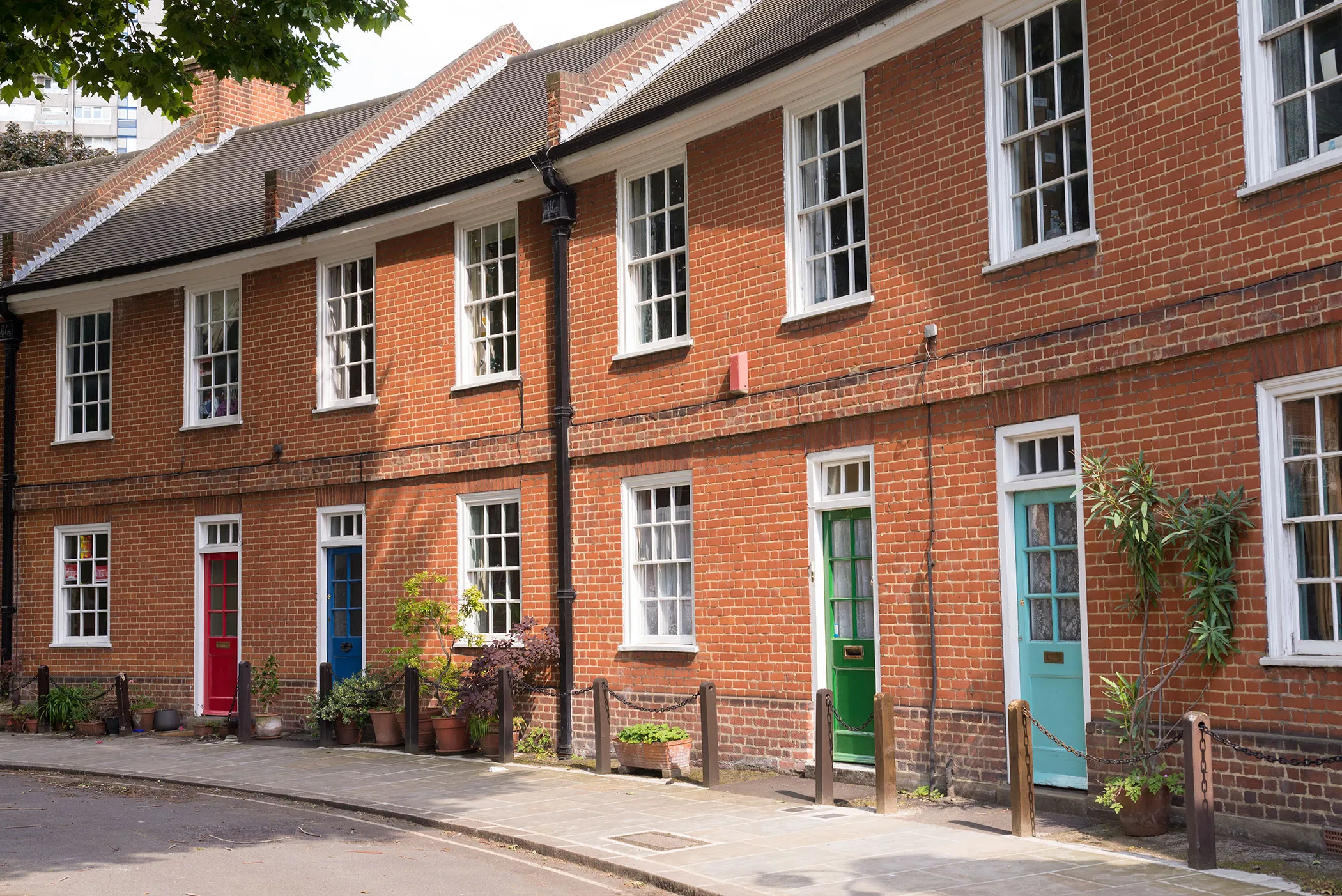Unlike house extensions that expand outward or loft conversions that build upward, basements use your home's existing footprint. This is particularly beneficial in London areas, where space is at a premium.
Well-executed basement conversions can significantly boost the value of your property, making it an attractive option for homeowners looking to invest in their home’s future.
Basements can be transformed into various functional spaces, such as a home gym, office, entertainment room, or additional bedrooms. This flexibility makes it a valuable addition to any home.

Several factors must be considered when planning a conversion to ensure a successful project. Working with a building contractor experienced in property extensions and basement refurbishments is essential.
Proper waterproofing is crucial for basements to prevent dampness and water ingress, ensuring a dry and comfortable living space.
Incorporating light wells and strategic window placement can help bring natural light into the basement, making it feel more like a standard room.
Depending on the extent of the work, you may need planning permissions. A building contractor can help navigate these house remodelling requirements to ensure compliance with local regulations.
When deciding between different types of home improvements, it’s helpful to compare converting your basement with other options like loft conversions, house extensions, and property refurbishments.
Basements utilise below-ground space, while conversions involve transforming the attic. Both add usable space, but basements often offer more square footage.
New basements require more extensive structural work, including excavation and waterproofing, than loft conversions like hip-to-gable conversions.
Property extensions expand the home’s footprint, potentially reducing garden space. Basements maintain the existing footprint, preserving outdoor areas.
Both options involve investment, but new basements might be less disruptive as they don't alter the home's exterior.
